Software Developer will become obsolete - Perspective of a Software Developer
For the past few days, I have woken up and found myself reading articles about people with zero coding experience using AI to automate their businesses, create games, and create AI agents that adapt to situations and perform certain tasks. Some of them even managed to launch software products merely by using ChatGPT. Most of these articles conclude that very soon, we may not need any software developers, and the role of Software Developer might become obsolete.
My Opinion as a Software Developer
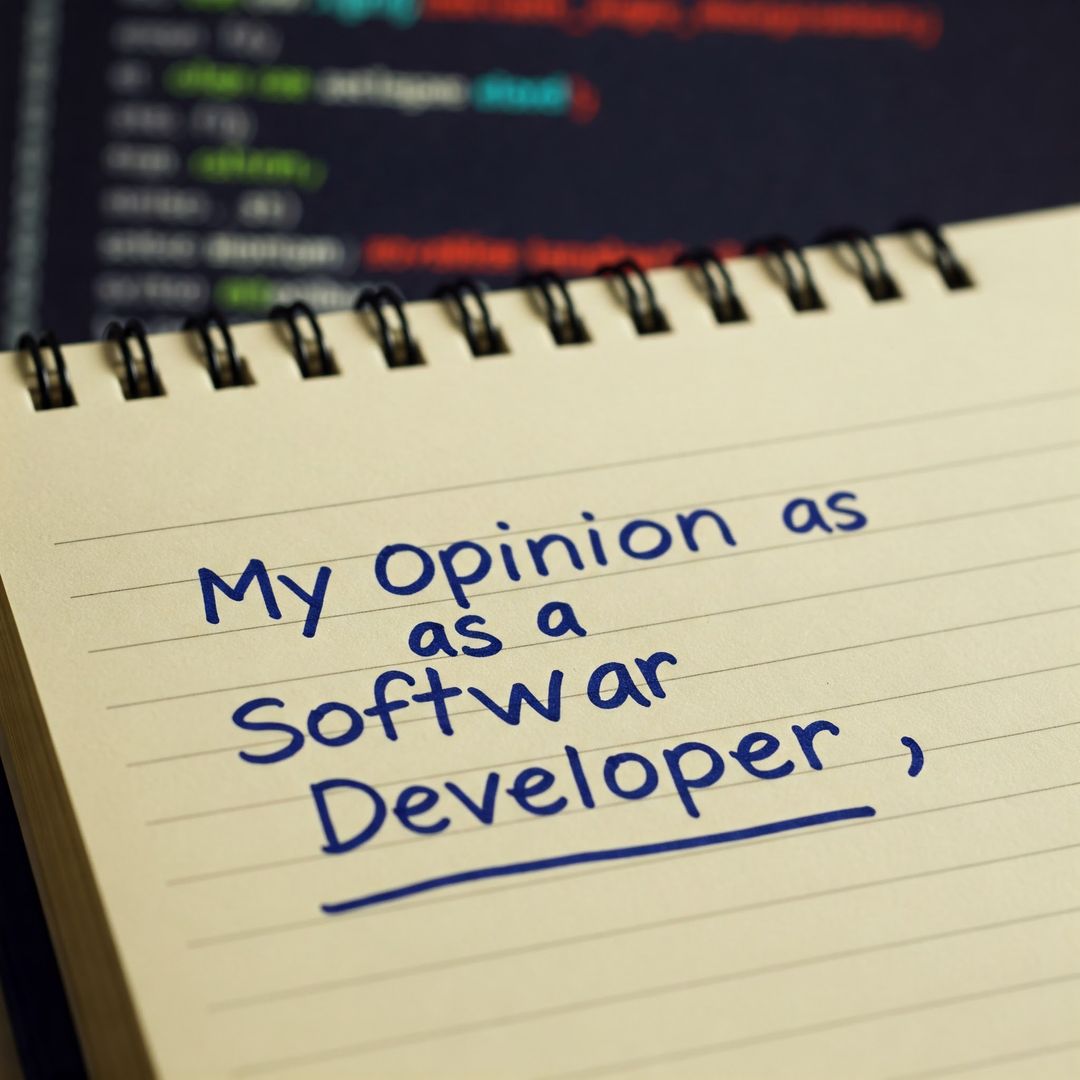
When I first started using GPT and saw demos, I was even afraid that the AI might soon steal my job, and I would have to look for an alternate career. But after I started using this AI in my day-to-day life, I realized something. ChatGPT is just an autocomplete on steroids. Yes, it is good at solving problems that it saw during training and writing algorithms that solve LeetCode problems, but software development is more than LeetCode and memorization, it is about solving problems in the real world, where the parameters keep changing. Thus, I concluded that software developers will become obsolete—if they do not adapt.
The Chaotic Nature of New Technology
Whenever people are introduced to some groundbreaking technology, they have mixed responses. The inventors of this tech will always exaggerate the new shiny products they developed. The investors and owners of the traditional products that these shiny products are replacing will highlight the drawbacks and a tug of war will ensue between them; if the new technology is worth the hassle, people will declare it the winner and the people using or producing the old technology will adapt and this is how the cycle of all products goes.
For example, Bitcoin and NFTs showed promise early on, but later, only Bitcoin survived. There's also Vine and TikTok, which became successful despite the presence of YouTube, Snapchat, Instagram, etc. The reason why one will succeed depends on various things such as timing, marketing, foreign policies, the pandemic, etc. To be honest, most of the time, it is purely random, we will study the successes and failures some other day. For now, let us talk about how we end up here.
Software Engineering Before ChatGPT.
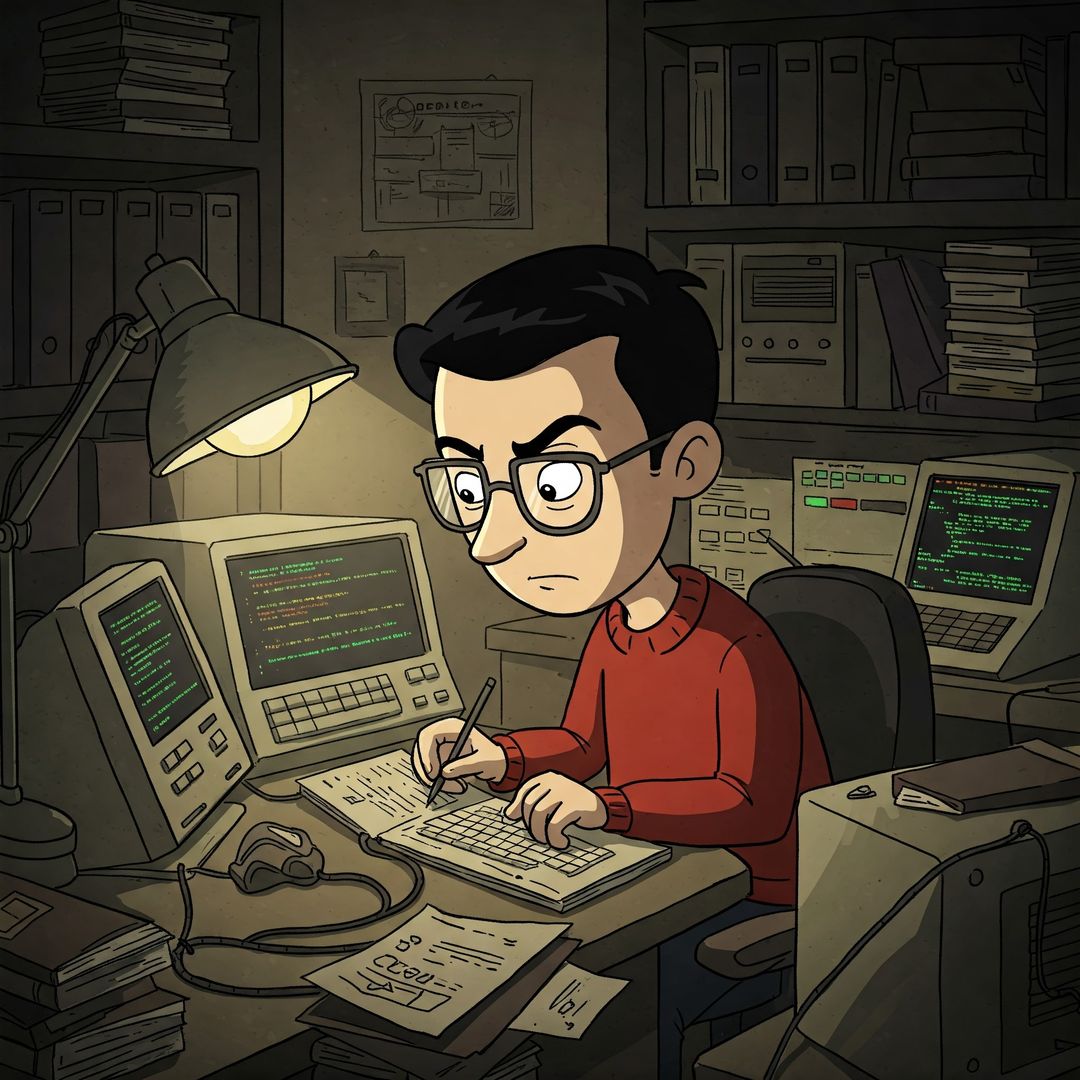
As a software developer, I have mixed opinions on how it is going to replace humans and whether everyone will lose their jobs. But before I answer that question, let me start by describing what it was like to develop software before the large language models.
It was 2012, when people thought the world was ending, mobile phone companies were innovating and not just upgrading cameras and calling it a day.
During those days, software development was booming. FAANG companies were innovating very rapidly, and people were getting hired and getting paid huge salaries with crazy stock options.
Everybody wanted to study software development and build their own Jarvis. Additionally, there was a lot of hype around data science, and people started learning TensorFlow, PyTorch, and Python, which became extremely popular during that time.
React and Angular were gaining traction and people used to compete on Kaggle.com. I remember during those days, having projects and Kaggle competitions on your resume was considered necessary for anybody looking to work in Data Science.
Around that time in 2017, Google launched a paper that would completely change the game titled 'Attention Is All You Need' which introduced the technology behind ChatGPT.
It introduced transformer architecture to the world. Although the model was launched by Google, the researchers at OpenAI were the first to introduce it to the public. They launched GPT-1, GPT-2, but it was GPT -3 that put them on the map. The 175 billion-parameter model was significantly better than the 1.5 billion-parameter model on tasks like question answering, text summarization, and even coding.
These models were nothing short of magic for both coders and non-coders; people can now write blogs correct their grammar and write algorithms all from simple commands. Most of these models today are so good that it is exceedingly difficult to differentiate between a human and a bot. Due to this, people have increasingly adopted these models in their day-to-day lives.
2025 AI Hype is on full throttle
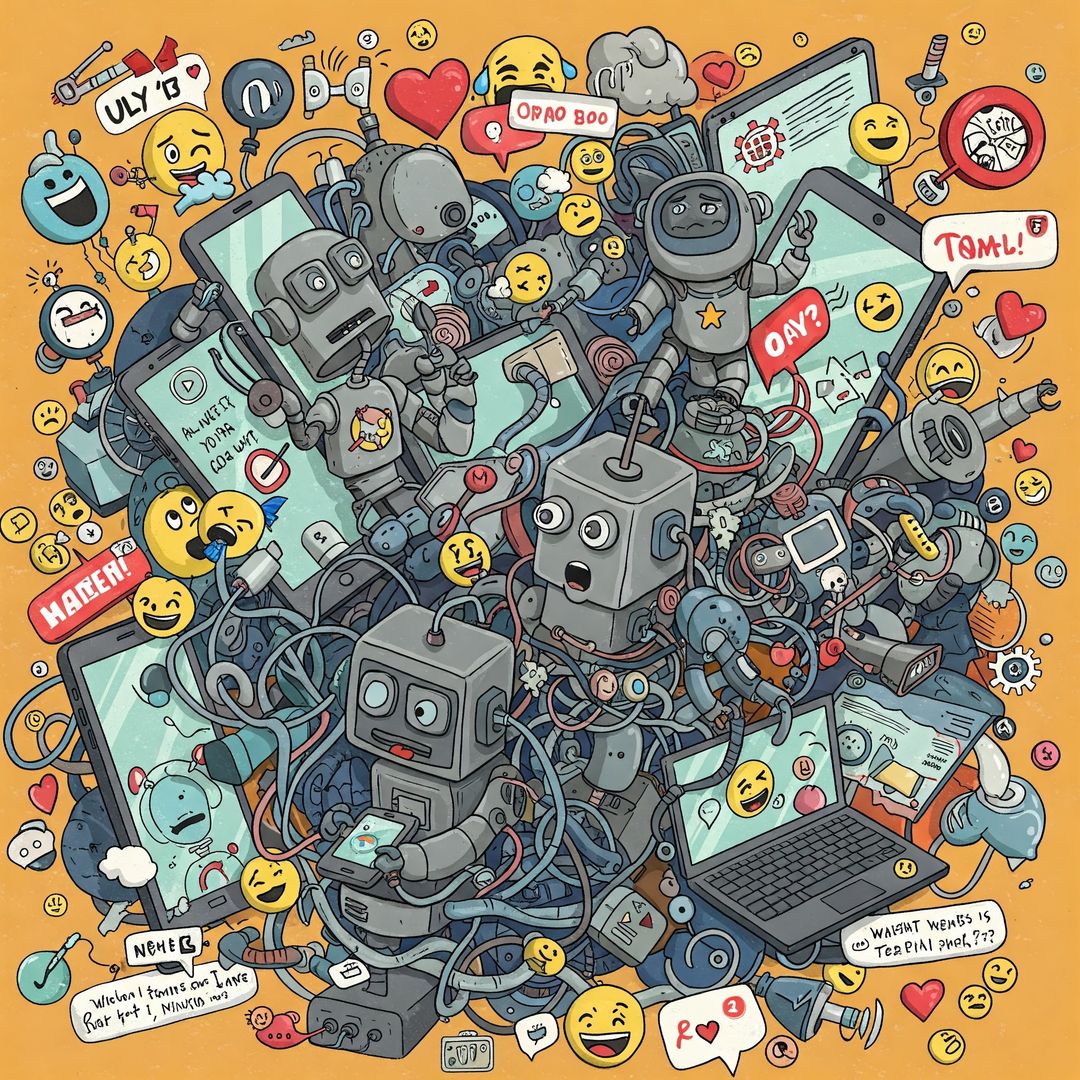
Today is the year 2025, and we are constantly seeing hype that ChatGPT is going to replace developers. While there is some truth to this, most developers will continue to do well. The way I see it, coding is going to be quite different from what it is today. GPT is a smart database that stores the data while training and provides us with responses. Now there are examples on the internet where people use it to create a small web app, but if you want to scale those projects, you will need a company like us.
The Business Problem
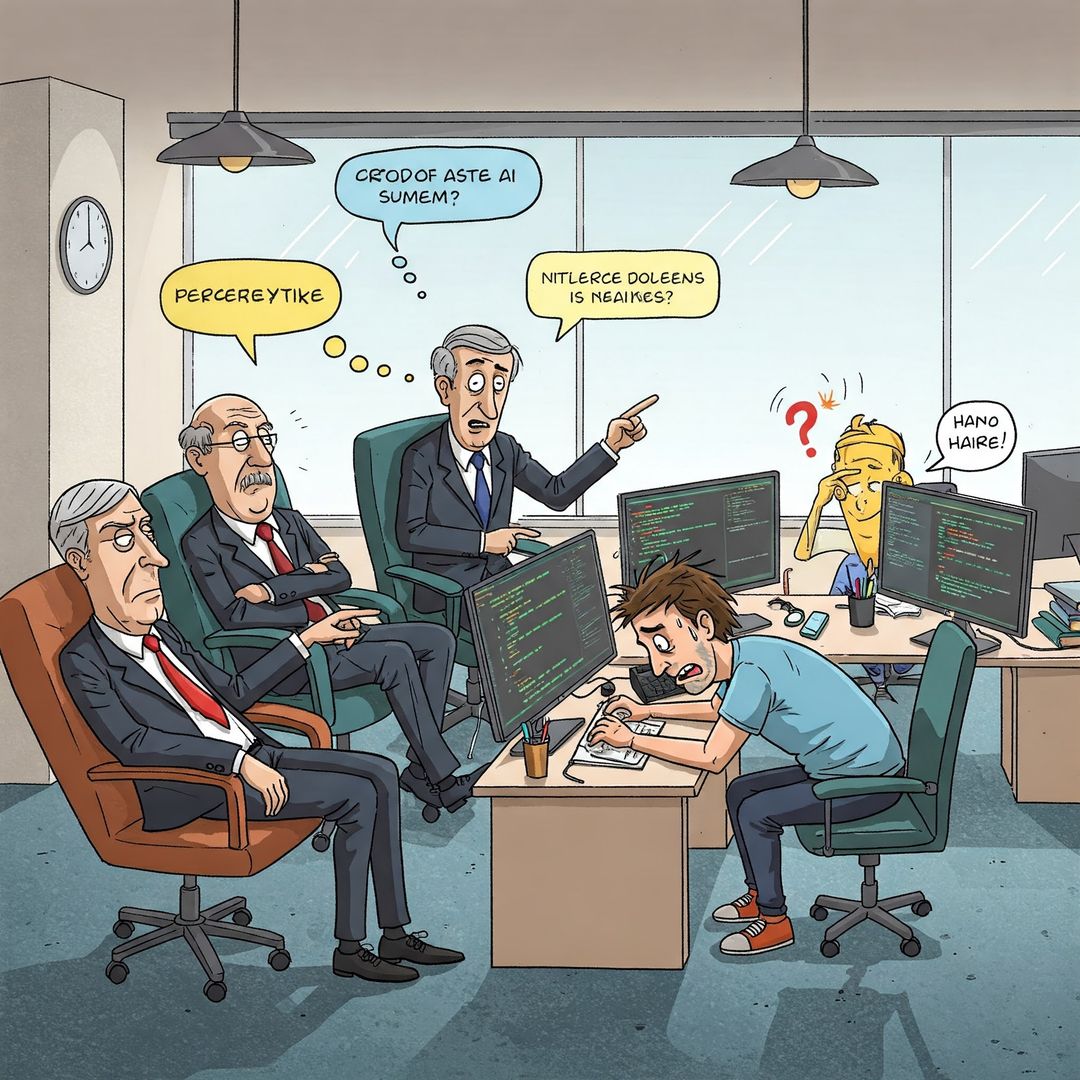
Most businesses do not know what they want, and this discrepancy between their thinking and the data that the AI is trained upon will result in an output that will always seem unfinished. It's a human problem, I've worked with lots of businesses, and most of them don't know what they want. The day I find a manager who can define the problem precisely with every little detail... is the day we coders are done for, and we'll have to look for an alternate career. But as long as we have people who don't know what they want, all they can do is create a basic application with AI.
What exactly does a Software Developer do?
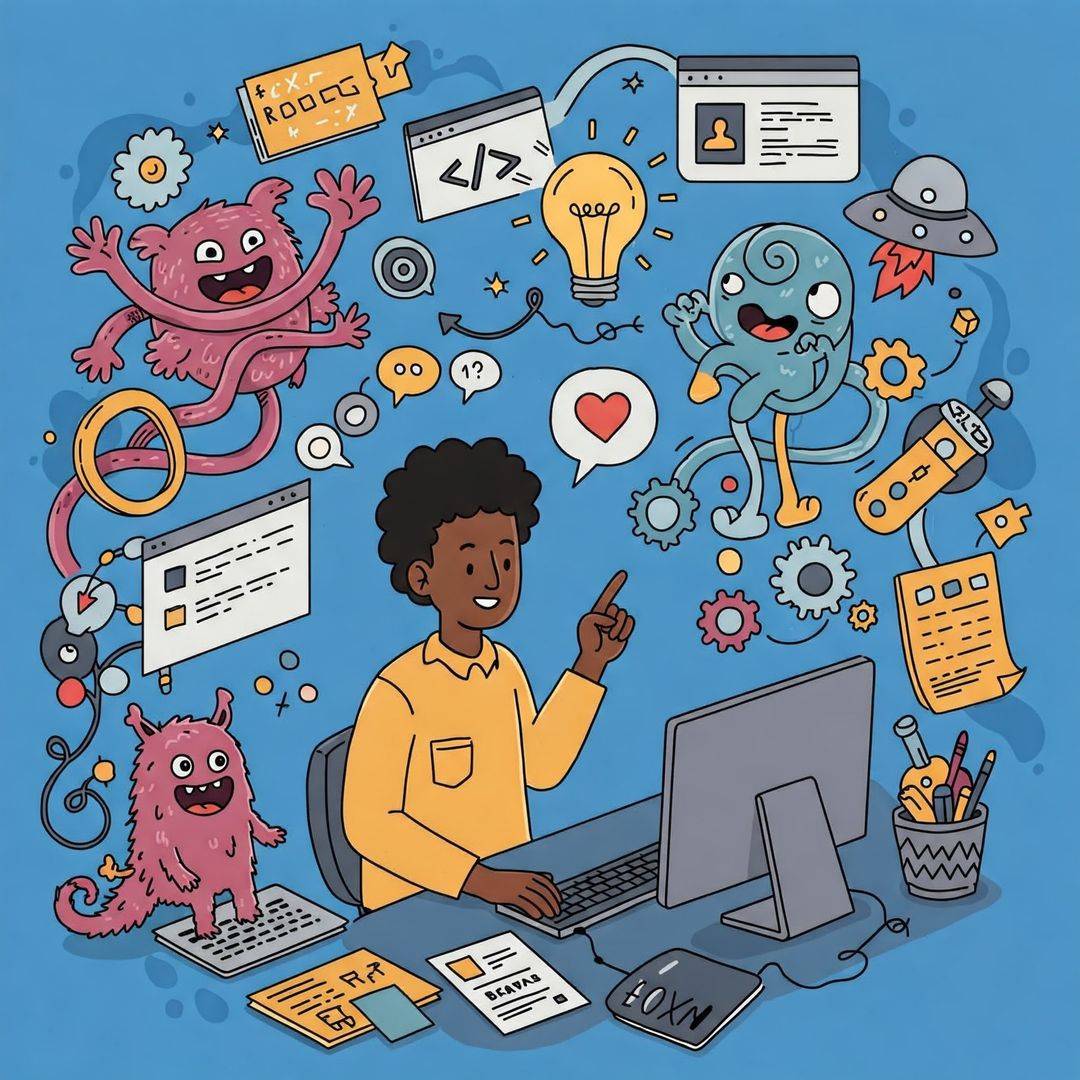
The problem with coding and software development in general is that a lot of times we developers must assume certain data points that are not available. There is certain information related to business that only we as humans can perceive and understand while it is happening. From customer behavior to their emotional response to using our products, we can log them and influence them to a certain extent, but human behavior is extraordinarily complex. It becomes important to understand how the business is operating and to plan, and most of the time, the requirements we receive as coders are completely different from what is needed.
I have worked with a lot of companies, and most of the business heads are always looking to add more features without thinking about the impact it will have, and most of the time, they want to copy features from another successful company or they just had a thought in the shower and immediately want to integrate it in the project. But in the real world, these things often do not work out as expected, and the final result is a lot of unused garbage code. Now, this untouched code is the thing that will kill the quality of the code that AI will reference when adding new features. AI will have to keep this old code in memory along with new code because sometimes the business managers will approach us and say, "Do you remember when we did XYZ six months ago?", we want to do that again, but this time, do ABC instead of PQR.
And then, when you are finally done with coding and present it in the meeting you’re bombarded with responses such as, "Can you make it a little greener?" or "Can you make it a little brighter?" And they have no clue how the backend is working.
Why Are People Scared
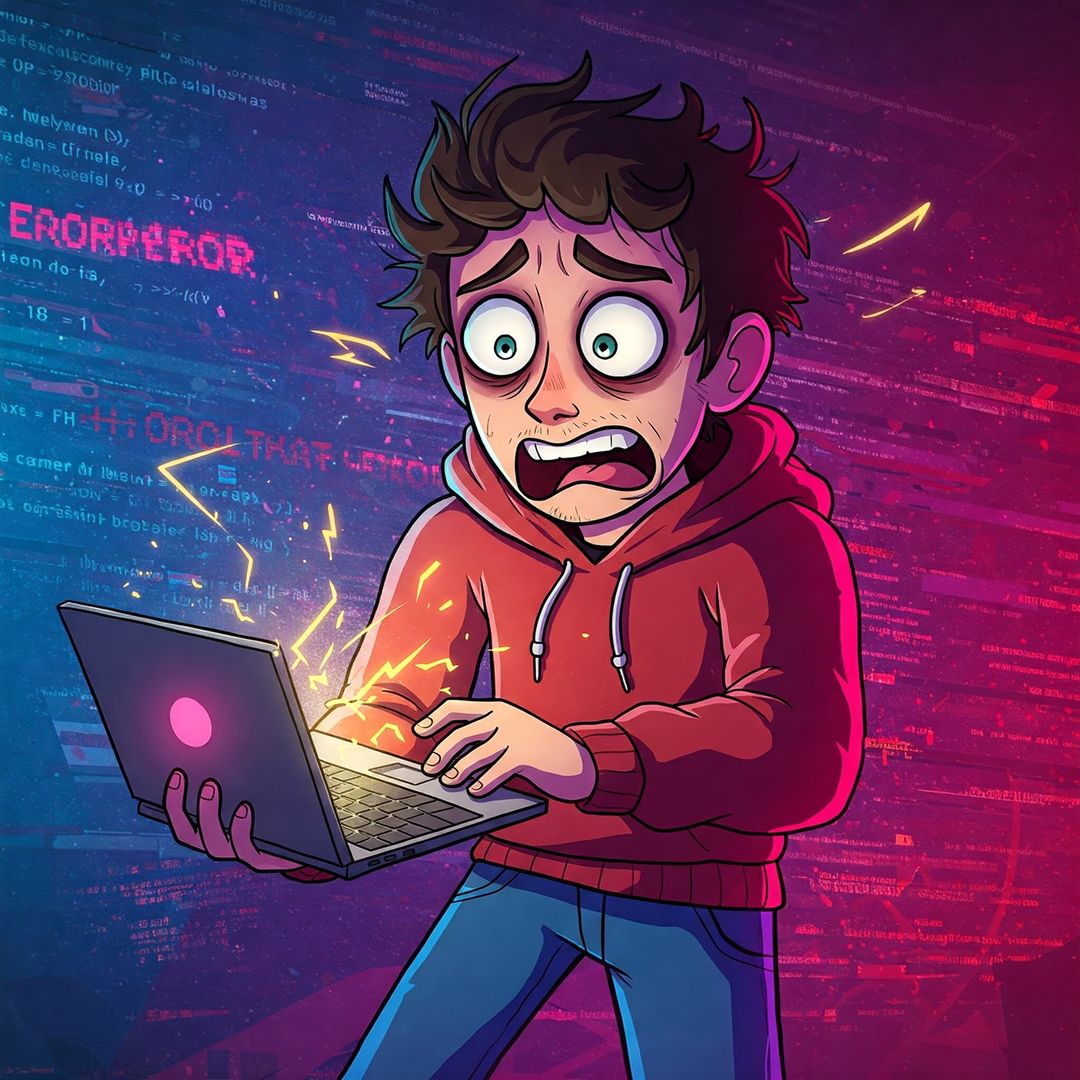
People are always scared when a new groundbreaking technology is introduced. But the scary thing about AI is that things are happening so fast that people are not able to adapt to the situation, and all this PR and marketing by people who lack detailed knowledge in these fields just look at the code generated by GPT without knowing whether it is maintainable or scalable and think that it is the end of programming but I think a little differently.
Prompt as a programming language.
I think ChatGPT's prompts are just another programming language that helps us write higher-level code just as we created Python bindings for C and C++ to make it easier for humans to write. Similarly, we can use GPT as a programming language where we can code in plain English and get the results. I have used it for coding, and it speeds up the boring part of my development, such as writing database queries, updating content, changing frontend components, etc. But if I rely on it too much, it becomes unstable, and hence, I can say that I do not think AI is going to completely replace coders, especially until we get a new breed of business developers who can explain what exactly they are looking for. Coding after 2025 will not be about who is better at memorizing algorithms; it will be about who can apply logic and achieve results for better structure. It will help us create novel algorithms.
Everyone will become a coder.
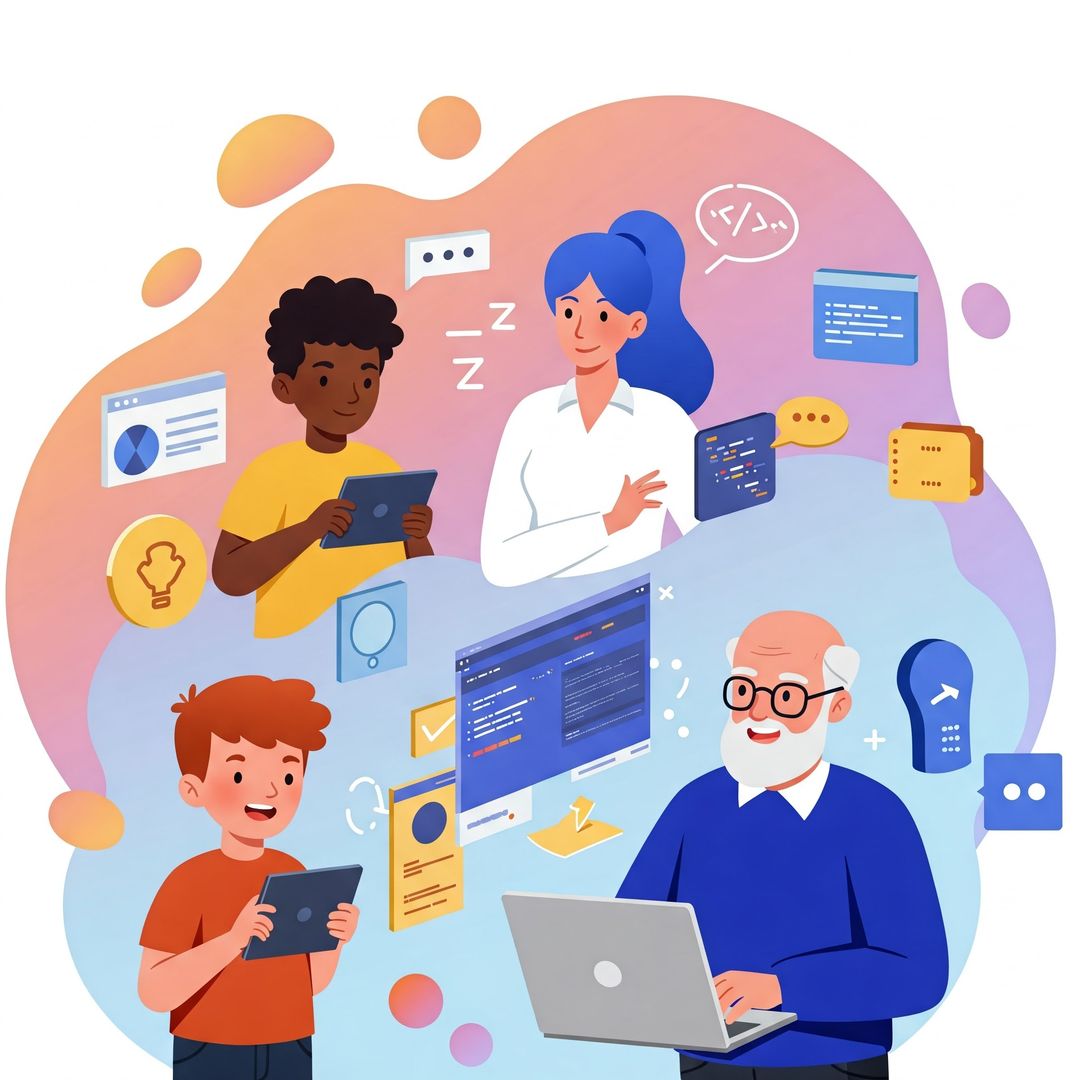
The human mind is very creative, and everybody has an idea that they always want to work on, but now they need the tools to bring that reality to life. We will see a lot of tools available for AI, and not just for the general consumer, because consumers are going to use GPT and chatbots to interact with APIs.
The UX industry is also going to see a massive shift because now it will not be about just colorful UI; UX design will take precedence over UI. It will be about who designs the most accessible UI for GPT, and we also see a shift in the pace, with many industries merging and competing since it will become easier to bring out new features and also faster to roll out new features in the market.
Now, I don’t know how, but I feel it is going to be challenging because, let’s say you create an API and you want GPT to use an API; obviously, you will Google it instead you will ask GPT for recommendations, and whoever GPT recommends will become the default API for you.
What will happen to Google Search?
I will also see an advertisement opportunity for customers and businesses who are looking for each other. For example, in the future, I can ask GPT to book a restaurant, and then GPT can recommend restaurant booking apps like Swiggy and Zomato, and then I can decide who will get the commission. Similarly, I can talk to my chatbot and tell it to book a hotel for me. But now the question is which app or service GPT will use. This is where I see a huge advertisement opportunity for businesses to pay the chatbot so that whenever somebody is looking for hotel booking, my hotel or hotel booking app should appear first in the results and use my API to book the hotels. This is where I see an interesting opportunity in the advertising space.
One more problem I feel needs to be addressed: Who's going to use apps when AI chat apps can book flights, recommend and order food, etc.?
Is there anything original anymore?
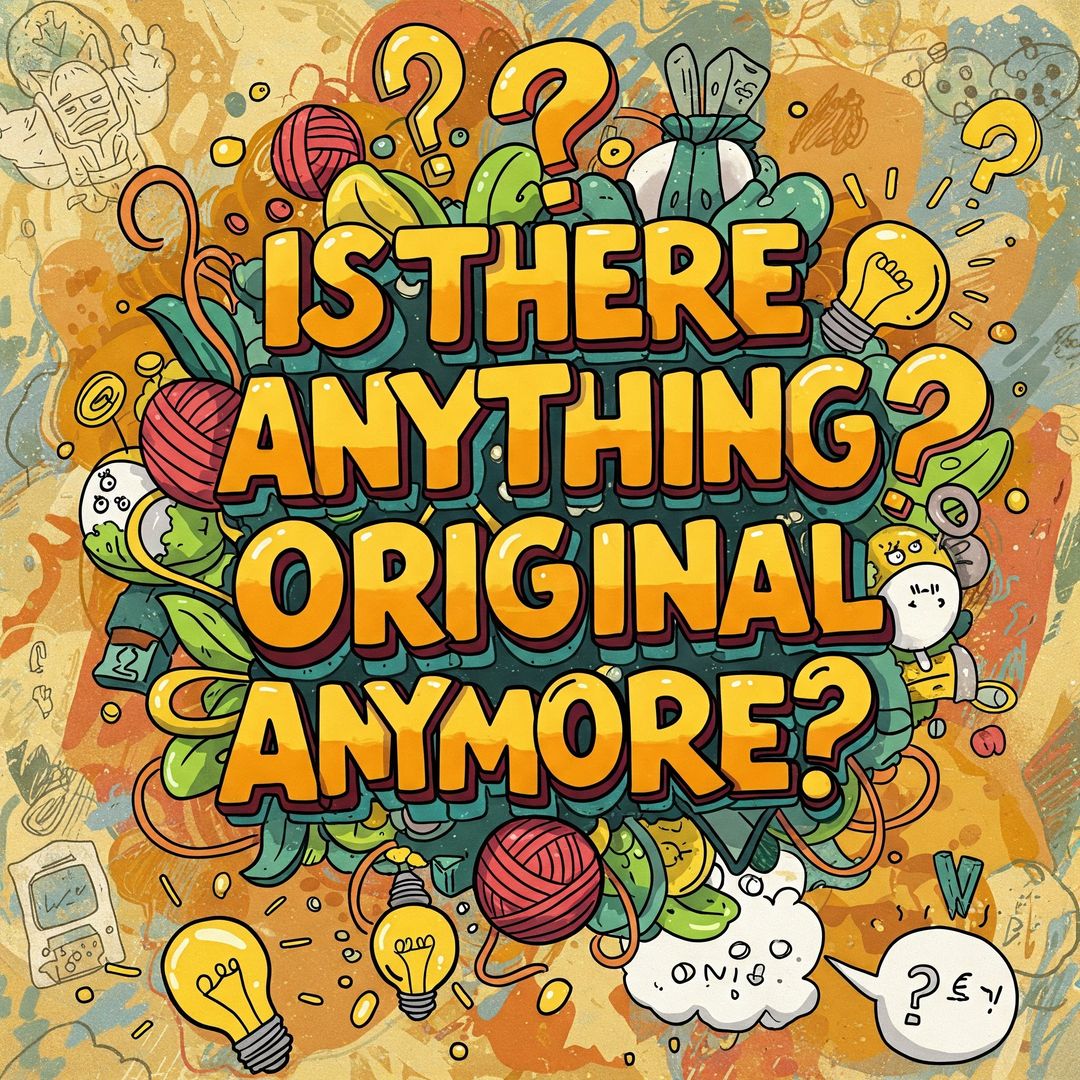
The big concern that I have is the data that is being fed to GPT. Most of the data that was available has already been fed to GPT, and now people are using GPT to write content, papers, code, etc., so the new data that we have is mostly created with the help of GPT. It's behaving like an echo chamber since GPT is essentially repeating itself, and very little new data or fresh original content is being fed into GPT.
Another problem is the issue of originality. Whenever we train these foundation models on new datasets, they will absorb this data, so the next time we write a speech or think, it may have already been processed by AI.
Whatever we say is already being fed into GPT, so what is originality? Will we ever have original thoughts anymore? What will innovation look like?
The future is exciting, so we can either run from it or learn from it.